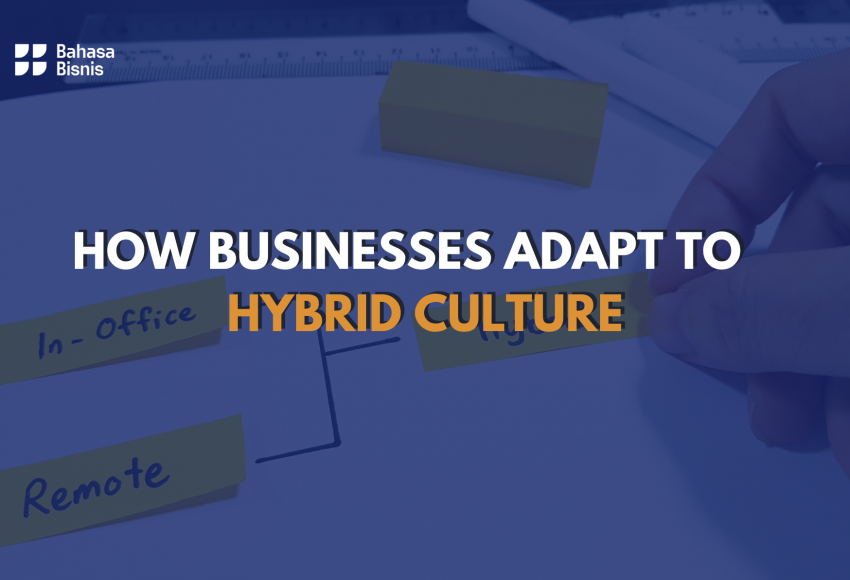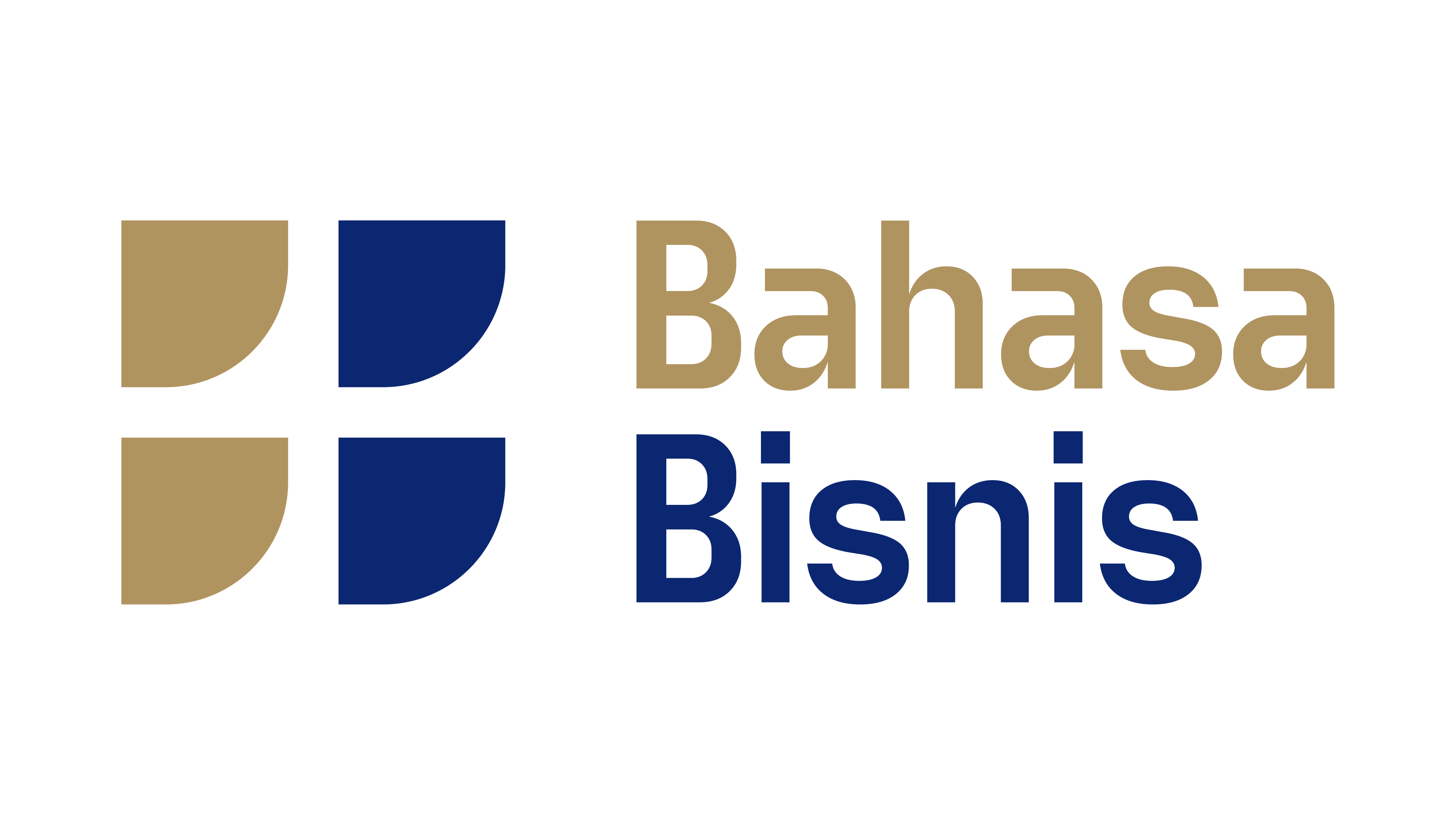
Remote Work Revolution: How Businesses Adapt to Hybrid Culture
In the past, remote work was just a “temporary solution.” Now, it has become a lifestyle. By 2025, many companies are no longer asking,
“When will we return to the office full time?”
Instead, they’re asking,
“How can we stay productive even if we’re not in the office every day?” Have you noticed that?
From WFH to Hybrid Culture
The pandemic accelerated the adoption of remote work. But after the emergency period passed, a new work culture emerged — a hybrid model that combines working from home and working from the office.
This model gives employees the freedom to manage their own work rhythm while still maintaining team collaboration. Many large companies like Google, Microsoft, and even local startups have started adopting the hybrid system because it is considered:
– More flexible
– Reduces operational costs
– Maintains work-life balance
Business Challenges & Adjustments
Of course, transitioning to hybrid work isn’t without its challenges.Businesses need to adapt on various fronts:
Team Management & Communication
– Tools like Notion, Slack, Zoom, and Trello become essential.
– But clear SOPs and work structures are still needed so everyone knows the direction of the work.
Performance Measurement
– In the hybrid era, working hours are no longer the benchmark.
– What’s measured now: output, work quality, and progress clarity.
Mental Well-being & Company Culture
– Many companies now have weekly check-in programs, wellness sessions, or mental health support to keep the team motivated.
Hybrid = Not Just a Work Style, But a Business Strategy
Interestingly, businesses that manage to adapt to the hybrid model are actually gaining long-term benefits:
– Increased employee retention (due to flexibility)
– Ability to attract talent from outside the city or even overseas
– Lower office space costs
Hybrid work isn’t just about flexibility. It’s about how businesses can optimize their resources and remain competitive in the digital age.
The year 2025 demands that businesses be agile—not only in selling but also in managing their teams.
Hybrid culture isn’t just a passing trend, but a part of the modern work evolution.
If a business wants to grow and stay relevant,
If you found this article helpful, don’t forget to share it with your fellow entrepreneurs. And don’t forget to follow Bahasabisnis.id on Instagram, @bahasabisnis.id, for more educational business content!
Warm regards from Bahasa Bisnis,
Amelia Evita







Leave a Comment